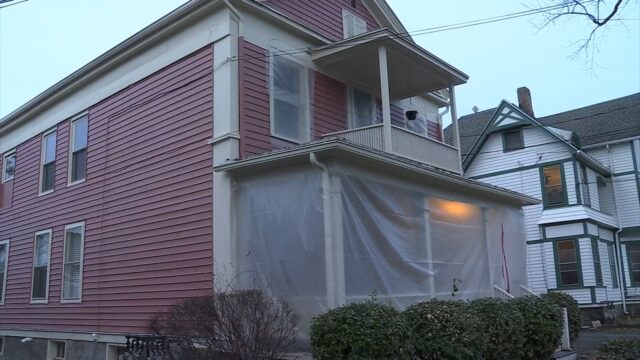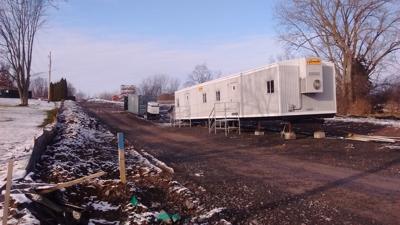How does a newspaper veteran with history and experience in Atlanta and the New York City-area get involved with covering some of the most-controversial topics in the Finger Lakes?
For Peter Mantius, it started with a move to Watkins Glen. He moved to Watkins Glen from Long Island, where he ran a couple business publications. Most of his career was spent in Atlanta at the Constitution, a daily that has since ceased operating. “I was a financial, legal and political reporter,” Mantius explained of his time as a traditional journalist.
In a special Christmas weekend edition of the Inside the FLX Podcast, Mantius joined Josh Durso to discuss his career, the environmental issues that got him involved with local reporting in the Finger Lakes, and why he thinks the industry evolved the way it has over the years.
.
“Previously I was not an environmental reporter but moving up to this area it’s the environmental issues that jumped out at me and of course, they’re very linked to the political, and the legal, and the business,” he explained.
The newsman-turned-blogger devotes much of his time to covering environmental issues on his website WaterFrontOnline.blog. As for pinpointing what makes the region primed for these types of controversial, environmental issues — Mantius attributes it to a variety of factors. “Part of it may be lack of a lot of good journalism that is digging into the issues,” he added. “I think that companies try to take advantage of situations where the people are not as active as they should be in defending their area.”
Companies like Crestwood Midstream, LLC., Circular EnerG, and Seneca Meadows have been part of ongoing storylines throughout the region. Activists throughout the region have voiced concerns about all three, as it pertains to the long-term health of the environment.
Many thought that Crestwood Midstream would be living the region, after selling U.S. Salt, but through that sale, the company maintained the gas storage interest, which had been the controversial effort being made at the southern end of Seneca Lake. “People assumed that with the sale of the salt plant that Crestwood would be leaving the area, but no, they have retained the rights to the LPG storage — assuming they can get a permit,” Mantius explained.
Recently, news broke about a proposal to bring a $365 million incineration facility to Romulus, on a portion of property alongside the Seneca Army Depot. The property, which is owned by Seneca Depot LLC, is working with Circular EnerG to obtain a special use permit for the facility. While this type of facility is currently banned in Romulus Town Code, it could be passed if a special use permit and zoning variance is granted.
“I didn’t see this coming,” explained Mantius of the proposal. “Obviously, this is an area that has more landfills than anywhere else in New York State. There’s a real concentration within 30- or 40-miles of Geneva.” He added that the concern many residents have is the origination of that waste. “A lot of this [waste] is not locally generated. It’s being imported,” he added.
Between the availability of undeveloped property, proximity to other landfills, and the background that transportation companies tasked with moving municipal solid waste have in the region — Mantius says that these reasons provide some setup as to why a proposal like this one may find it’s way to the Finger Lakes.
Mantius said that despite the size of the region, and scope of the issues involved — the community has rallied around environmental issues for over a decade. “I think social media had a huge impact on the fracking battle and I think without social media there would not be a fracking ban in New York State,” he explained. “I think it was very instrumental in that I think as we’ve seen a decline in daily newspapers, and news staffs getting cut back there has been a sort of silver lining that we are really seeing the growth and potential of social media to get the word out.”














